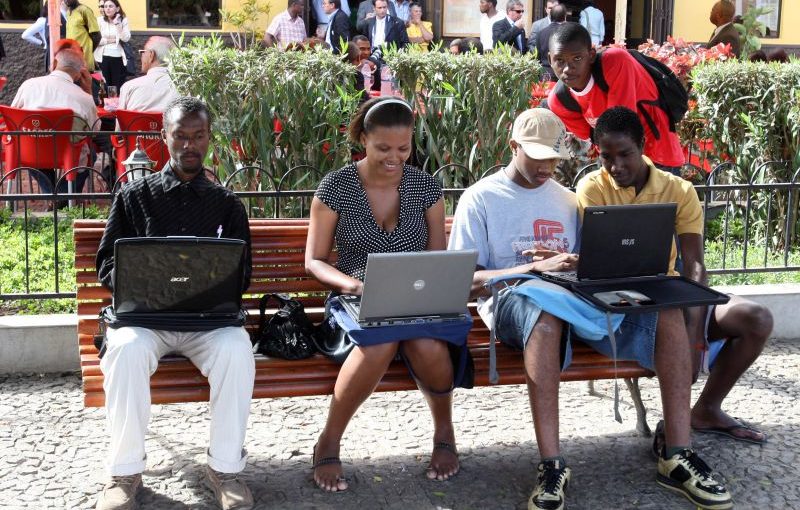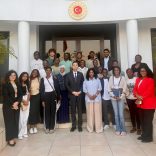Türkiye awarded 40 Mozambican students with university scholarships
Mozambican university denies existence of prohibited clothing list

Lusa (File photo) / Unizambeze denies issuing any ocument banning dreadlocks, sandals, shorts and tight dresses
A supposed list of clothes banned by a university in Mozambique that is circulating on social networks is fictitious, the rector of Unizambeze in the central city of Beira told Lusa.
“Unizambeze completely distances itself from this regulation. It has not produced any document with that content, imposing a dress code on students,” the institution’s rector, Nobre Santos said.
The document, he continued, did not leave come from any official institution entity and students should continue to present themselves as they always did.
Santos said that such a code was at one time considered, but was abandoned.
“There is a debate at Unizambeze about ethics in the academic community, but it never resulted in the production of a regulation with that content. Students continue to dress as they always did,” he said.
Speaking to Lusa, fourth year Unizambeze law student Luís Rodrigues confirmed that the management of the institution had not published any regulations on student clothing, but said he believed that the dissemination of the alleged document would have some effect on students, especially females.
“I do see some students who dressed in a way that some considered scandalous dressing more discreetly,” Rodrigues said.
Final year law student João Lúcio also said that he did not know of any rules governing clothing but had not noticed any change in the way students presented themselves.
“I don’t go to lectures any more, but I have gone to the university because I’m working on an end-of-course paper, and I didn’t notice any difference,” he said.
Contacted by Lusa, the National Union of Mozambican Students (UNE) argued that any dress code in Mozambican universities would have to strike a balance between curbing excesses and respect for the freedoms of the academic community.
“Our position on this issue is not to repudiate the introduction of a dress code, because we understand that there should be some limit to the excesses that take place in our universities,” UNE project department head Ismael Mulima said.
Mulima said that such measures should take into account that universities are a space for promoting freedom and multiculturalism, but also for valuing the various identities that make up the Mozambican nation.
“Universities can not give the impression that they are a place of repression, because they are places that cultivate freedom, but they must also convey the example of limits, because all society looks closely at what happens in universities,” he said.
READ Mozambique university bans dreadlocks, sandals, shorts and tight dresses
“It is not only thought that some students present themselves in an inadvisable way, but also that some teachers fail to provide a good example,” Mulima, a fourth year Diplomacy student at the Instituto Superior de International Relations in Maputo, said.
The communiqué circulating on social networks and announcing the alleged dress code, attributed the decision to make “access to the campus” forbidden to anyone in “inappropriate clothing ” to the Unizambeze Community Affairs Directorate.
The alleged note considers inappropriate for women clothing which is “body-hugging, short, knee-length, sleeveless, has a large neckline or is many from transparent or shiny fabrics, as well a tops that show bras, and torn jeans”.
Men should not wear shorts, ripped jeans, undershirts, low-waist pants, hats, bathroom slippers, dreadlocks, punk clothing, earrings or have long hair, the statement said, and supposedly bears the signature of the Director of Community Affairs of Unizambeze, Alves Carlos Macanda.












Leave a Reply
Be the First to Comment!
You must be logged in to post a comment.
You must be logged in to post a comment.